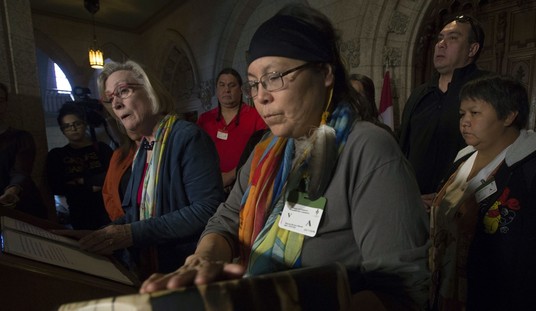The Franklin County Coroner’s Office has completed its autopsy on Ariel Castro. It confirmed the cause of death as hanging and the manner as suicide.
Castro, who held four women captive for ten years in Cleveland, committed suicide in his cell on Tuesday night. The Ohio Department of Rehabilitation and Correction said Castro’s cell was 8 feet by 12 feet and contained a single bunk along with a uniform, bed sheet, and hygiene products. He was reportedly checked by corrections officials every 30 minutes at random intervals, though he was not on suicide watch.
According to NewsNet 5, Tim Shafer, an official with the prison guards’ union, said: “Just like out in the public, suicides happen, and you just can’t prevent every one of them.”
Jaye Schlachet, Castro’s attorney, released a statement Wednesday morning:
We requested the opportunity for a forensic psychologist to evaluate Ariel Castro when he was in county jail and the state’s prison reception center. Local and state authorities denied our requests. There is an institutional failure beyond Ariel Castro and the citizens of Ohio are entitled to something better. It’s just sad.
Castro was on suicide watch for several weeks after his arrest while housed in the Cuyahoga County Jail, with logs documenting his activity every 10 minutes. In June, authorities determined he was no longer a suicide risk and he was taken off suicide watch. After his sentencing he was moved to a reception center for newly arrived inmates in Orient, near Columbus, Ohio.
Cuyahoga County Prosecutor Timothy McGinty showed no sympathy for Castro in a statement emailed to the Plain Dealer:
These degenerate molesters are cowards. They con and capture vulnerable children. This man couldn’t take, for even a month, a small portion of what he had dished out for more than a decade.
Let this be a message to other child kidnappers. There will be a heavy price to pay when you are caught. You won’t enjoy the captive side of the bars.
Craig Weintraub, another attorney for Castro, said that Castro wished he had gotten help years ago and unfortunately he didn’t. “This could have come to an end ten years ago.”
Asked if Castro had shown any remorse, Weintraub referred to Castro’s court statement, in which he blamed the victims for his crimes.
It was very surprising, his statement in court. For whatever reason it was out of his own anger towards himself. There’s no way to try to understand what he said in that courtroom. There’s no way to try to reconcile that for anyone who is a rational thinking person. But I know that afterwards he really expressed genuine remorse — in his own way that he can, he expressed remorse and I know that he was profoundly remorseful throughout, even though he didn’t show it in that courtroom. It was sad, what he had to say in that courtroom. I felt bad for the women and in a sense, I felt bad for him that he was sick and that he couldn’t see that what he was doing in the courtroom as well was re-victimizing them.
Castro served just over one month of his life plus 1000-year prison sentence before committing suicide on Tuesday night. The victims have so far declined to comment.
UPDATE:
The American Civil Liberties Union of Ohio is demanding an investigation into Castro’s suicide. They released a statement Wednesday afternoon urging officials to investigate prison mental health treatment:
“The death of any individual while in state custody must be taken very seriously and fully investigated. As horrifying as Mr. Castro’s crimes may be, the state has a responsibility to ensure his safety from himself and others,” said ACLU of Ohio Executive Director Christine Link. “Questions remain whether Mr. Castro was properly screened for suicide risk and mental illness. Prisons officials must address these issues, not only to fully account for how Mr. Castro was able to commit suicide, but also to prevent this from occurring again.”
Castro’s is the seventh prisoner suicide in an Ohio prison this year.
The Plain Dealer reported this afternoon that Ariel Castro’s suicide will save taxpayers $23,046 per year. “If Castro, 53, had lived until he was 80, it would have cost nearly $625,000.” That does not include the anticipated legal costs for appeals to his sentence.











Join the conversation as a VIP Member